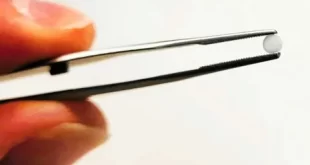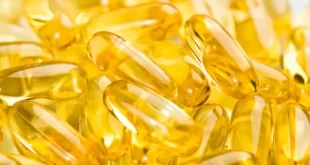Efficient experimental methods for vessel performance
Supervisory Team: Dr Joseph Banks, Prof Stephen Turnock, Dr Martyn Prince
Project description
Despite an increase in the use of CFD for predicting the forces acting on a vessel, or maritime structure, experiments still play an essential role in improving our predictions and assessing complex hydrodynamic phenomena. Experiments are often needed to validate numerical simulations and can provide the only viable method for including all of the necessary flow physics for some fluid dynamic problems. The recently commissioned Boldrewood towing tank provides a unique opportunity to develop efficienct experimental methods for assessing the performance of vessels, improving our understanding of the hydrodynamics involved and increasing the fidelity of measurements taken.
This project will work closely with the Wolfson Unit for Maritime Technology and Industrial Aerodynamics, who are a leading engineering consultancy for yacht and small craft technology at the University of Southampton. They have considerable experimental experience and expertise and have been instrumental in the design and commissioning of the Boldrewood tank, providing a unique opportunity to develop experimental methods that can be used to improve vessel efficiency and develop the zero emission vessels of the future. This could focus on areas of Ship resistance and propulsion, high speed craft performance, vessel dynamics and sailing performance of wind assisted ships. One possible area of interest would be to develop an efficient method for using underwater Particle Image Velocimetry (PIV) to evaluate hull-propeller-rudder interactions (an area of particular interest for wind assisted ships when sailing with a drift angle).
The support of the Wolfson Unit and the opportunity to have close links with the Performance Sport Engineering Lab provides excellent opportunities for training and career development whilst ensuring a team of academics, researchers and other PhD students can provide support throughout the PhD.
We are looking for a highly motivated individual, who is prepared to work across disciplines and grow their skills. You should be able to work well within a team environment, be excited about answering fundamental research questions alongside delivering research that has a real impact. We are looking for first class candidates with a background in mechanical engineering, ship science, aerospace, physics or mathematics. You should be confident with experimental methods and data analysis and have a background in ship resistance and propulsion or fluid dynamics. This project is fully funded for UKRI fees and stipend for 3.5 years.
Entry Requirements
A very good undergraduate degree (at least a UK 2:1 honours degree, or its international equivalent).
Closing date: applications should be received no later than 01 June 2023 for standard admissions, but later applications may be considered depending on the funds remaining in place.
Funding: For UK students, Tuition Fees and a stipend of £17,668 tax-free per annum for up to 3.5 years.
How To Apply
Apply online: Search for a Postgraduate Programme of Study (soton.ac.uk). Select programme type (Research), 2023/24, Faculty of Physical Sciences and Engineering, next page select “PhD Engineering & Environment (Full time)”. In Section 2 of the application form you should insert the name of the supervisor Joseph Banks
Applications should include:
- Research Proposal
- Curriculum Vitae
- Two reference letters
- Degree Transcripts/Certificates to date
For further information please contact: feps-pgr-apply@soton.ac.uk
Job Features
| Job Category | Doctorat |
 Etudes Non Stop Study Non Stop
Etudes Non Stop Study Non Stop



